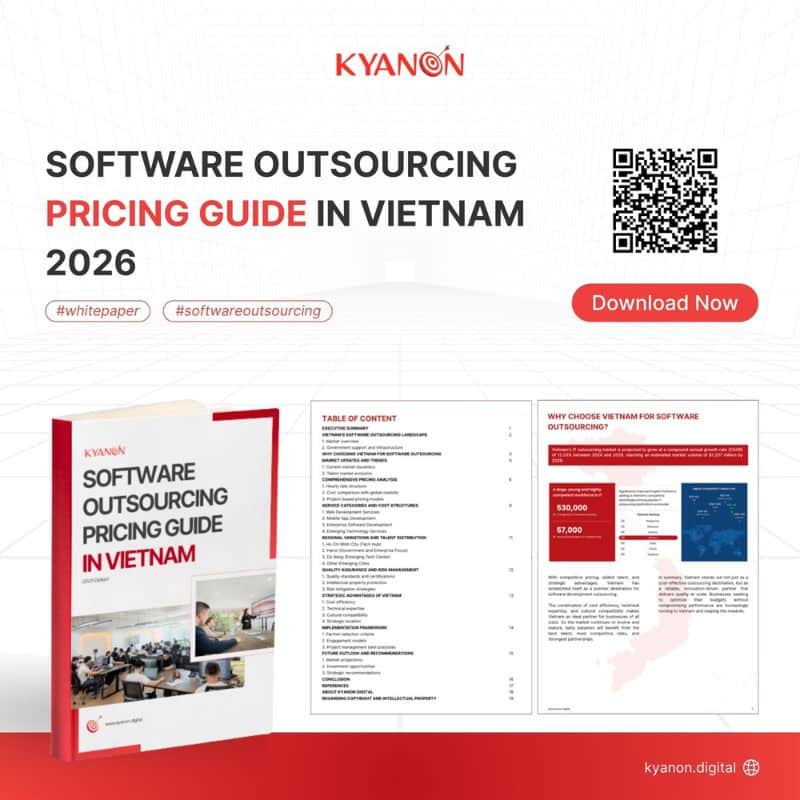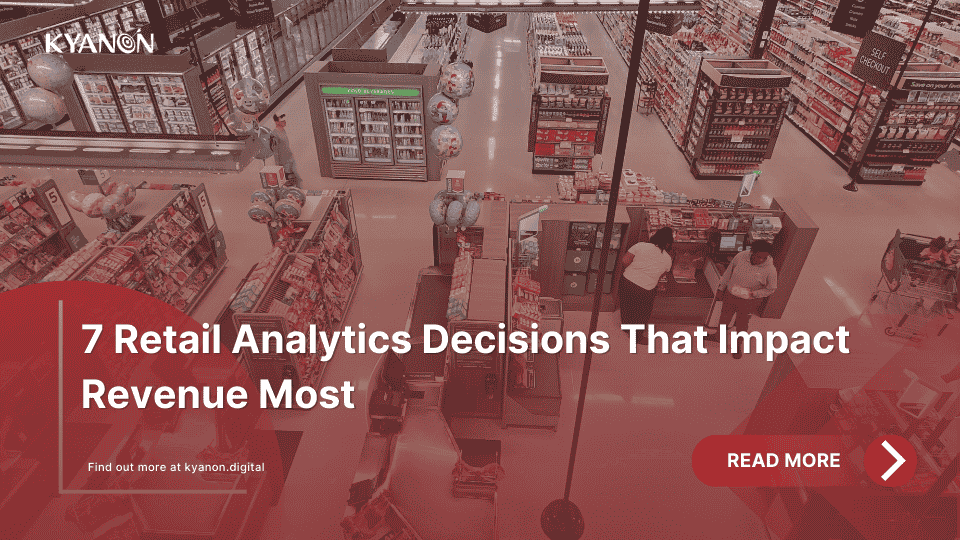Southeast Asia’s digital commerce sector is on a steep upward curve – the region’s e-commerce market is projected to reach US$106.83bn in 2025 and annual growth rate (CAGR 2025-2030) of 6.83% (Statista). To win in this dynamic environment, the future of digital commerce will be defined not by scale alone but by how intelligently brands engage customers. Without rapid adaptation, many SEA businesses risk being leapfrogged by more agile, tech-savvy competitors.
Are you prepared to ride the next wave of transformation – or be left in its wake? This blog explores how intelligent experience engines – powered by generative AI, AR/VR, ethical intelligence and regulatory foresight – are reshaping the future of ecommerce. Read on to gain insight into new tech-driven business models, competitive levers and strategic priorities for your organization.
Key Takeaways
- Generative AI delivers next-generation personalization, enabling hyper-relevant content and predictive experiences in the future of digital commerce.
- AR/VR technologies redefine online retail, creating immersive customer journeys that bridge physical and digital worlds.
- Sustainability and ethics are no longer optional – carbon analytics, bias prevention and privacy-preserving AI will shape brand credibility.
- Regulatory intelligence turns compliance into a competitive strength through dynamic systems, federated data and privacy-by-design practices.
- Strategic investments in foundations, differentiation and innovation will determine who leads and who lags in the rapidly evolving ecommerce landscape.
Further reading:
- The Intelligent Experience Engine: Why Southeast Asia Needs Unified Intelligence
- AI Predictive Analytics in Ecommerce in the SEA
- Unlock Retail Growth with CI360: Real-Time Personalization at Scale
- AI in Ecommerce and Retail: Trends, Use Cases, and Business Impact
Generative AI Integration
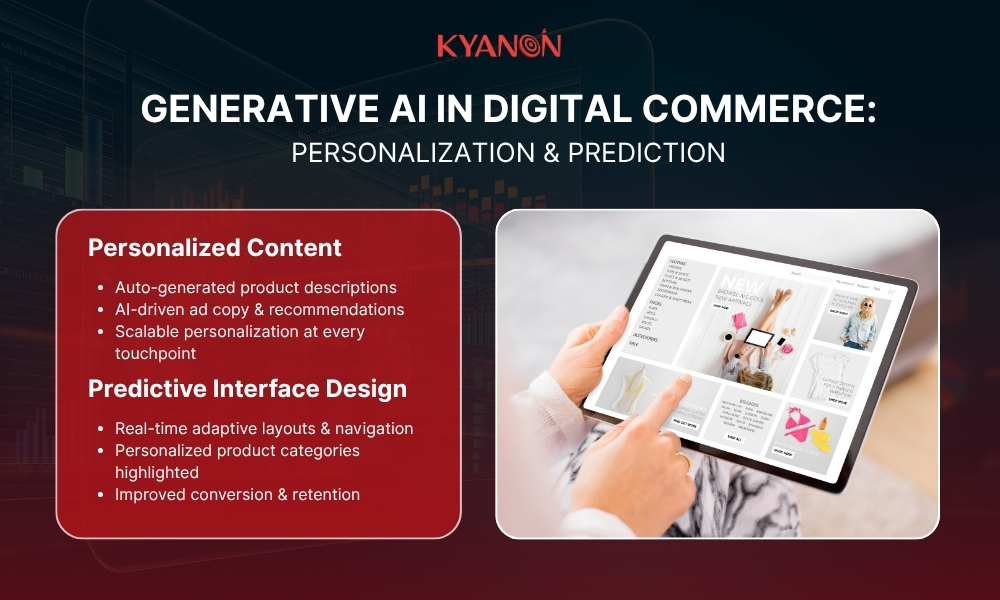
Personalized content
Generative AI is transforming the future of digital commerce by enabling hyper-personalized content at scale. From auto-generated product descriptions and dynamic ad copy to AI-curated recommendations, every touchpoint can be tailored to the individual customer. Instead of static campaigns, retailers in Southeast Asia can now deliver experiences that evolve with user behavior – increasing engagement and conversion while reducing manual marketing effort (Salesforce).
Predictive Interface Design
Beyond content, generative AI empowers predictive interface design, where layouts, navigation, and even micro-interactions adapt in real time to user intent. For example, if a shopper frequently browses eco-friendly products, the interface can prioritize sustainable categories or highlight certifications without explicit searching. While only 37% of SEA ecommerce sellers currently deploy AI, early adopters are already seeing measurable improvements in conversion and retention (Digital Commerce 360).
Transform your ideas into reality with our services. Get started today!
Our team will contact you within 24 hours.
Extended Reality (XR) in Commerce
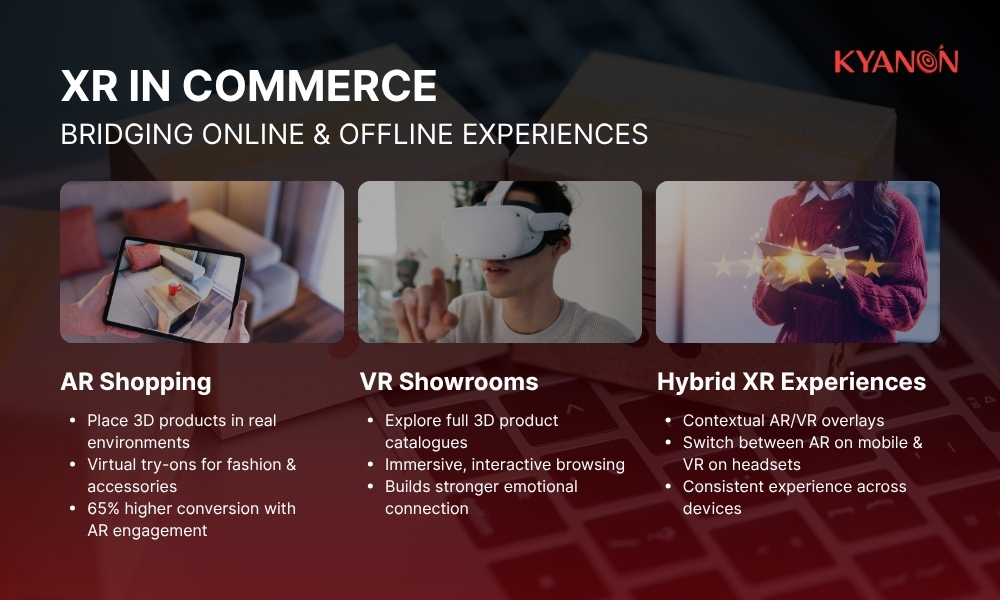
Extended reality is rapidly pushing the boundaries of how people shop online, merging the future of digital commerce with immersive, sensory experiences. Through AR (augmented reality) shopping tools, customers can project 3D furniture into their living rooms, try on apparel virtually or overlay product data while browsing – thereby reducing uncertainty and boosting conversion. According to Shopify, merchants that enabled AR saw customers who interacted with 3D models become 65% more likely to complete a purchase, while those who viewed products in AR became 27% more likely to make an order compared to non-AR users.
Beyond AR, immersive virtual environments unlock new dimensions of interaction:
- Virtual showrooms where users stroll through catalogues in full 3D environments
- Contextual AR/VR overlays that respond to physical surroundings (e.g. lighting, dimensions)
- Hybrid experiences that shift between mobile AR and full VR depending on device capacity
By weaving XR into the fabric of commerce, SEA retailers can shrink the experiential divide between offline and online, making interactions more intuitive, engaging and trustworthy.
Sustainability & Ethical Intelligence
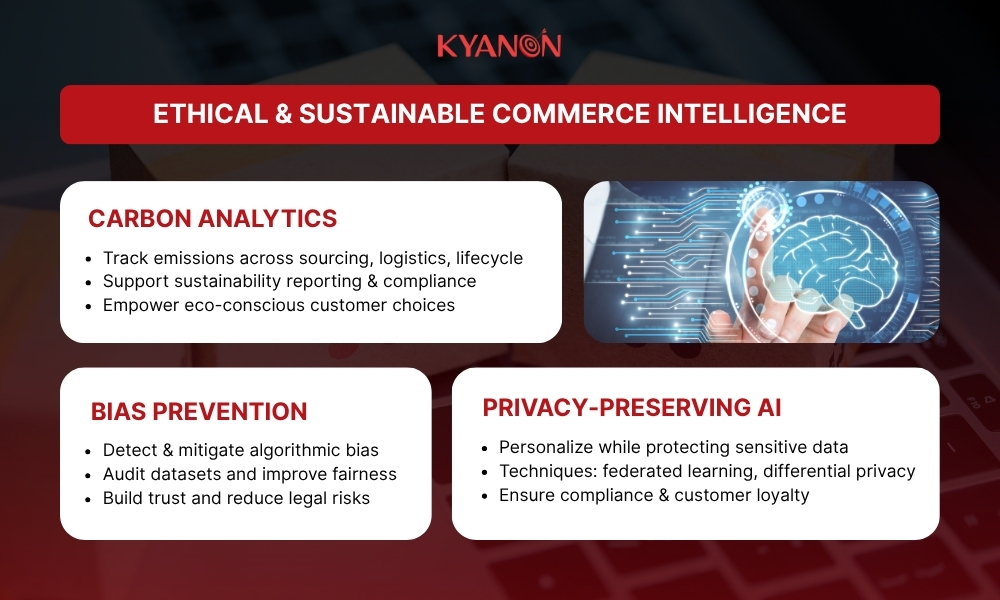
Carbon analytics
The future of digital commerce will require transparent measurement of environmental impact. Retailers are starting to integrate carbon analytics into their platforms, tracking emissions across sourcing, logistics and product lifecycles. This not only supports sustainability reporting but also empowers consumers to make informed, eco-conscious choices. By providing visibility into carbon footprints, businesses can align with tightening global standards while strengthening brand credibility.
Bias prevention
Unintended algorithmic bias remains a significant risk in commerce systems. Pricing, product recommendations, or lending decisions influenced by skewed datasets can erode customer trust and trigger compliance issues. To safeguard against this, organizations must implement bias audits, diversify training data, and establish governance frameworks that prioritize fairness. In the future of ecommerce industry, ethical AI will become a differentiator, ensuring inclusivity while reducing reputational and legal risks.
Privacy-preserving AI
Consumers increasingly expect personalization without compromising their privacy. Privacy-preserving AI techniques – from federated learning to differential privacy – enable insights without exposing raw data. This approach allows retailers to maintain compliance with evolving regulations while still delivering relevant experiences. As part of e commerce future trends, embedding privacy by design will not only mitigate risks but also build stronger long-term customer loyalty.
Regulatory Evolution
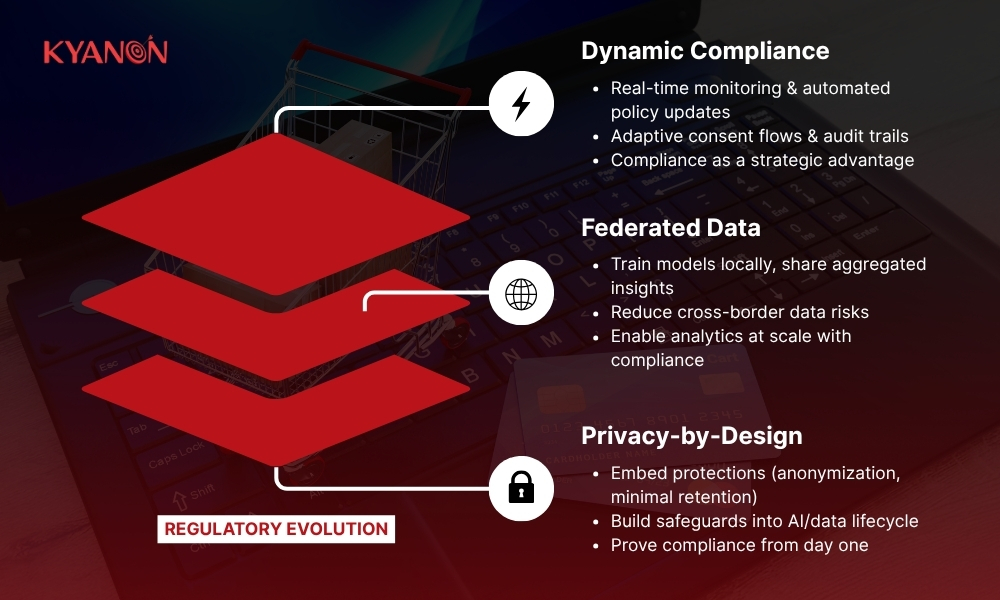
Dynamic compliance
As digital commerce evolves, regulatory frameworks across SEA and beyond are also shifting at pace. Businesses must adopt dynamic compliance systems – platforms that can auto-adjust rules, consent flows, and audit trails in response to new laws or enforcement trends. Rather than static checklists, compliance becomes a living layer: real-time monitoring of model risk, automated reporting and adaptive policy engines that absorb regulatory updates. This capability turns compliance from a burden into a strategic asset in the future of ecommerce technology space.
Federated data
Instead of centralizing personal data across jurisdictions, federated learning allows models to be trained locally and share only aggregated updates – reducing regulatory friction. This approach aligns with rigorous privacy regimes and local storage mandates while still enabling analytics at scale.
Privacy-by-design
Regulators are increasingly demanding that privacy is baked into systems from the start, not bolted on afterward. Privacy-by-design mandates embedding protections (anonymization, pseudonymization, minimal data retention) throughout the AI/data lifecycle. As AI systems generate, share or influence decisions, organizations must show that these safeguards were a core design principle – a requirement rooted in laws like the GDPR.
Case Study

Migros Bank’s Migros Money app is a clear example of how intelligent experience engines redefine digital engagement in commerce-like ecosystems. Using SAS Customer Intelligence 360, the platform seamlessly integrates analytics, AI, and personalization to deliver journeys that are not only relevant but also deeply trusted by customers across borders.
Key capabilities enabled by the intelligent experience engine include:
- AI-driven personalization – delivering real-time financial insights and tailored recommendations to individual users
- Contextual engagement – ensuring offers and interactions are relevant to customer behavior and preferences
- Trust and transparency – embedding compliance and privacy safeguards into every digital touchpoint
For Southeast Asia, this case underscores how the future of digital commerce will be defined by brands that move beyond transactional models to create adaptive, trustworthy and customer-centric experiences. Migros demonstrates the competitive advantage early adopters gain when intelligence is fused with empathy and strategic foresight.
Conclusion
The future of digital commerce in Southeast Asia will be shaped by brands that can adapt faster, think smarter, and act more responsibly. For SEA businesses, the message is clear: the time to act is now. Waiting risks being overtaken by more agile competitors who are already investing in future-ready ecommerce technology.
Take the next step – contact SAS & Kyanon Digital today for a consultation and unlock new opportunities in the digital commerce future of Southeast Asia. By leveraging SAS solutions and the digital expertise of Kyanon Digital, organizations can accelerate transformation, build cross-border trust and future-proof commerce models.
Reference
- eCommerce market insights – Southeast Asia, Statista
- What is Ecommerce AI?, Saleforce
- Southeast Asia ecommerce sellers struggle with AI adoption, Digital Commerce 360
- The ROI on AR: How Augmented Reality Is Boosting Ecommerce Sales, Shopify
- Migros uses SAS® MarTech solutions to personalize customer journeys, optimize campaign strategies and enhance customer engagement, SAS



